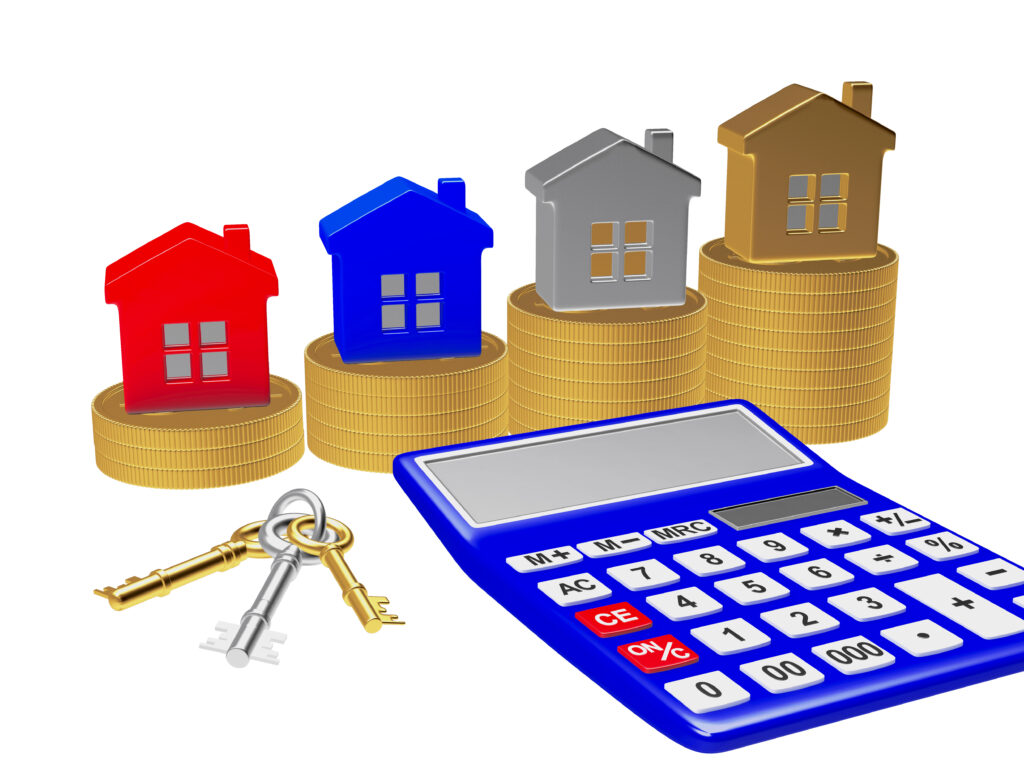In the home-purchasing market, there are many different mortgage types and there is more than one mortgage term to choose from. Some of the more popular mortgage types include government-sponsored ones like FHA loans, VA loans, and USDA loans, all of which are fixed-rate loans. Other types of fixed-rate mortgages include conventional loans, compromising and non-compromising loans, amortizing and non-amortizing loans. Another popular loan option is adjustable-rate mortgages, which have three different types: hybrid, interest-only, and payment-option.
The terms for each mortgage type is just as varied. The most popular mortgage term homebuyers go with is 30 years due to the stronger financial security it provides. Other common terms include 25 years, 20 years, 15 years, even 10 years. Out of the other common types, the second most popular term is 15 years.
How Do You Determine a 30-year vs a 15-year Mortgage?
The biggest factor in determining which term homebuyers go with is their individual budgets. Other determining factors include financial goals, other expenses (including other debts), and employment type. For many homebuyers, a 30-year mortgage term is the more affordable option, though there are also benefits to a 15-year term for a homebuyer that can afford it.
What Are the Pros and Cons of a 30-year Term?
There are two big advantages to a 30-year term. One of those advantages is it’s easier for most home buyers to qualify for, especially for meeting the debt-to-income (DTI) ratio requirements for most loan types. The biggest advantage for many homebuyers is that it affords them lower monthly payments, which makes it easier to budget. This is ideal for many first-time homebuyers who would like to save money and homebuyers who may have other debts like car and student loan debts as part of their monthly costs.
One of the disadvantages of a 30-year term mortgage, however, is that it’ll take longer for a home to build equity due to the slower pace of repayment. Another disadvantage is that homebuyers will end up paying more in interest due to longer-term mortgages being a higher risk for lenders. These are areas where having a 15-year term mortgage is actually more beneficial.
What Are the Pros and Cons of a 15-year Term?
The interesting thing about 15-year term mortgages is that they offer polar opposite advantages and disadvantages to 30-year term mortgages. Two of the major advantages of a 15-year term mortgage is faster repayment and lower interest rates. Another major advantage is building home equity a lot faster, which is how much of the home the owner actually owns.
Two of the major disadvantages of a 15-year term mortgage is that the loan amounts will be smaller than that of 30-year term mortgages and the monthly payments will be higher. As such, 15-year term mortgages are not ideal for first-time homebuying but are great for refinancing a home. Similarly, the higher monthly payments may not be ideal for low-to-moderate-income homeowners but may be ideal for homeowners who want to refinance their homes and can afford to pay a little more each month.
To find out how MCS Mortgage can help you decide on the best mortgage term for you, contact us by phone at 833-415-LOAN or by email at Hello@MCSMLS.com.

